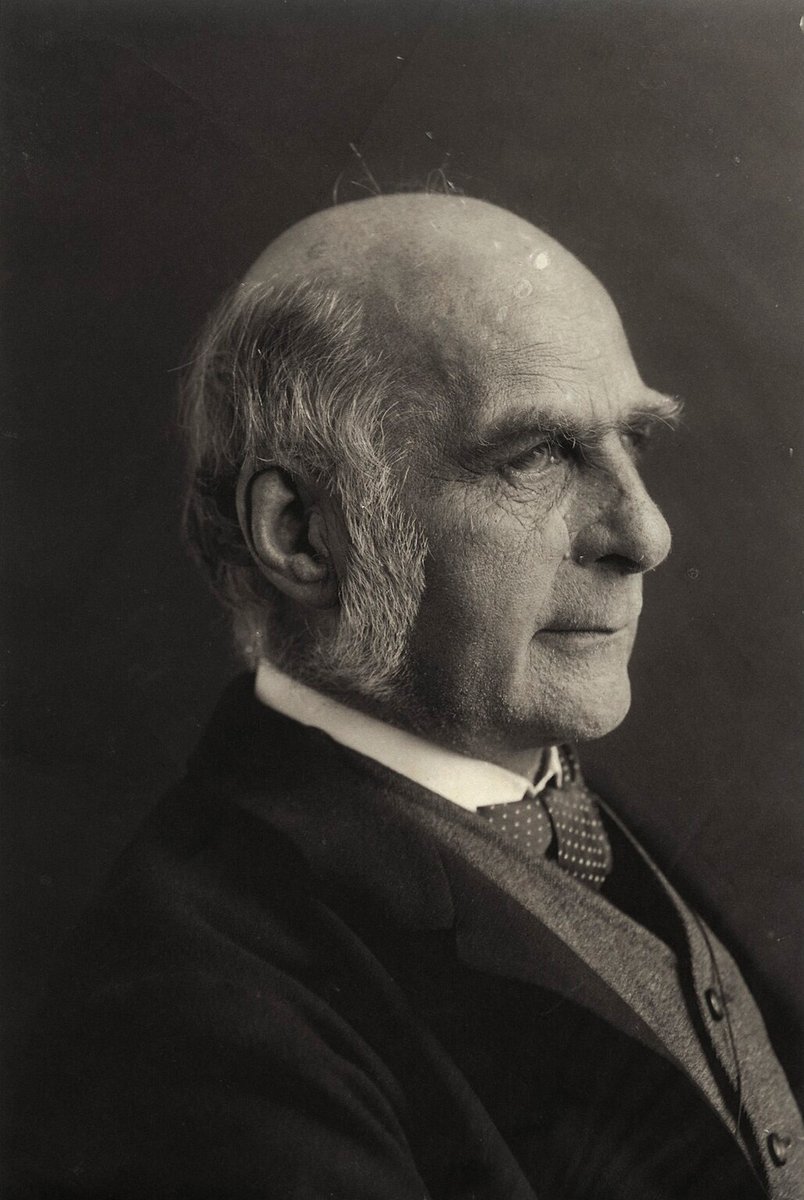
seeing as it's #WorldPenguinDay, I thought I might share some penguin facts from my 2018 work, the Book of Humans.
First up: Necrophilia.
First up: Necrophilia.
Sex with dead penguins has been known about in Adélies since
the earliest days of Antarctic exploration, as documented by the scientist aboard Scott’s last and fatal venture south. The
penguin’s behaviour was deemed ‘astonishing depravity’.
the earliest days of Antarctic exploration, as documented by the scientist aboard Scott’s last and fatal venture south. The
penguin’s behaviour was deemed ‘astonishing depravity’.

The ship scientist George Levick wrote of the young male penguins as ‘hooligan bands of half a dozen or more and [that] hang about the outskirts of the knolls, whose inhabitants they annoy by their constant acts of depravity’.
It was deemed far too unsavoury for delicate Edwardian sensibilities; instead it was redacted from the larger report released to the public, and written in Greek, made available only to a select group of stout-minded British gentlemen scientists.
Next: 'Transactional sex'
Female Adélie penguins, who need stones to build their nests, have sex with an unattached male, in exchange for a pebble.
Female Adélie penguins, who need stones to build their nests, have sex with an unattached male, in exchange for a pebble.

Finally: masturbation
Male Adelie penguins in the Antarctic frequently gyrate and rub themselves, and spontaneously spill their seed on the ground in the absence of females.
#WorldPenguinDay
Male Adelie penguins in the Antarctic frequently gyrate and rub themselves, and spontaneously spill their seed on the ground in the absence of females.
#WorldPenguinDay

So there you go. There's a whole chapter on necrophilia, and another on masturbation. And they are still not as bad as sea otters.
It's my least popular book, but I love it. Absolute filth.
#WorldPenguinDay #NotAsBadAsOtters
It's my least popular book, but I love it. Absolute filth.
#WorldPenguinDay #NotAsBadAsOtters
• • •
Missing some Tweet in this thread? You can try to
force a refresh













